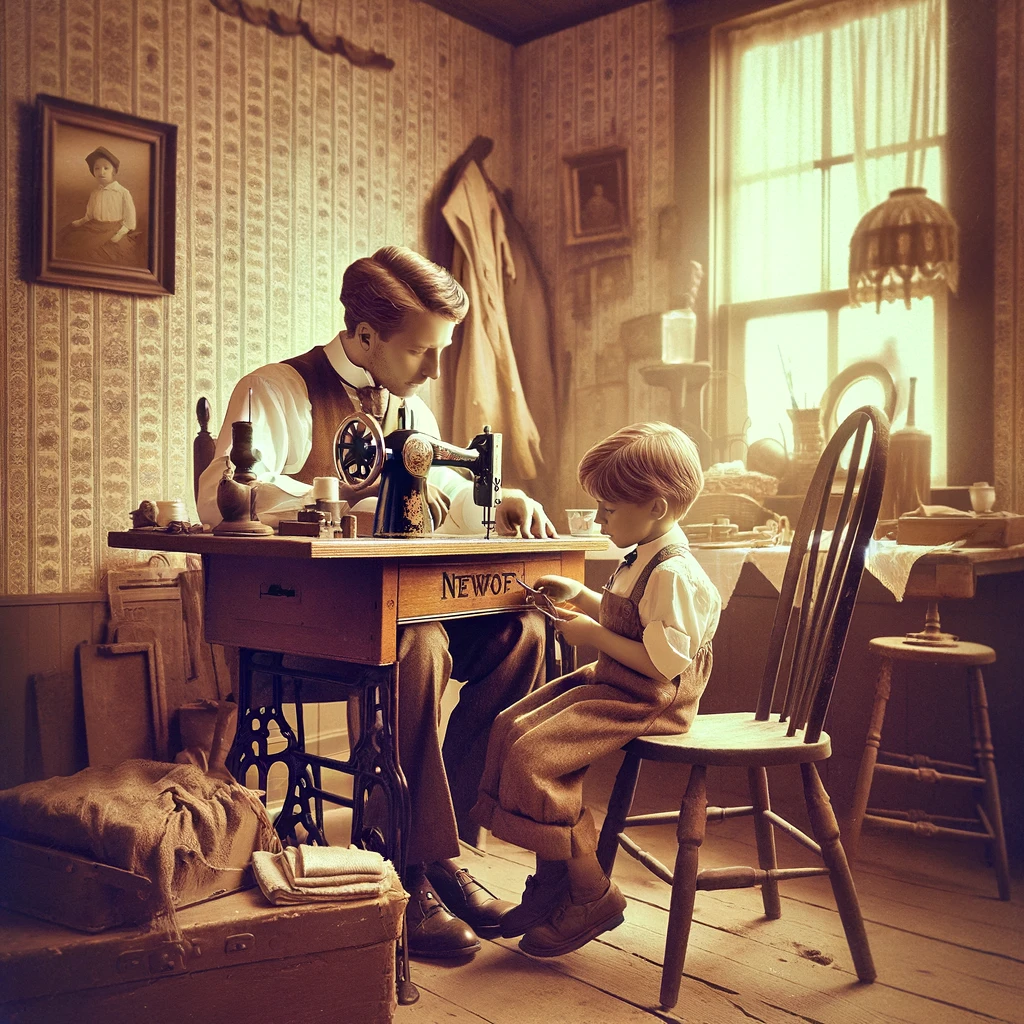
In the ever-evolving landscape of parenting, where trends come and go with the passing seasons, a surprising source of wisdom has made a resounding comeback—historical parenting tips. Despite the vast technological and societal changes that have shaped the world, these time-honored strategies offer a grounding perspective for today’s parents, seeking to navigate the complexities of raising children in the modern age. These tips, tested by time, have regained popularity for their simplicity, effectiveness, and relevance in addressing current parenting challenges. Here, we explore 11 historical parenting tips that have found their place in the modern parental toolkit, demonstrating that sometimes, looking back is the best way to move forward.
1. The Art of Storytelling
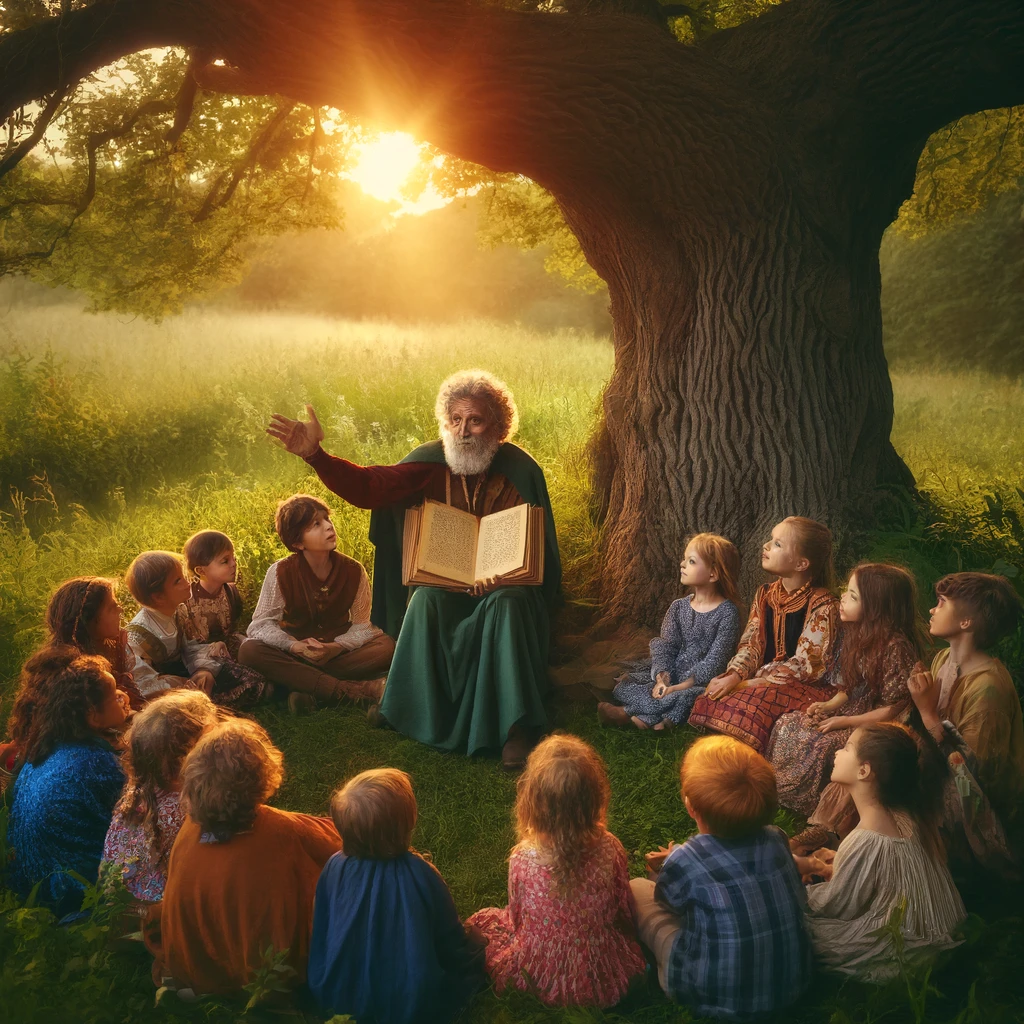
Long before screens dominated our lives, storytelling was the primary mode of entertainment and education in homes. Historical parents used stories not just to entertain but to impart moral lessons, cultural heritage, and critical thinking skills. Today, storytelling regains its place in the modern home, offering a break from digital overload, enhancing creativity, and fostering a deeper parent-child connection. Modern research supports its benefits, linking storytelling to improved language skills and emotional intelligence in children.
2. Outdoor Play is Crucial

Historical parents did not need to be convinced about the benefits of outdoor play; it was a natural part of daily life. Today, amid a digital era where screen time often overshadows green time, parents are rediscovering the importance of nature. Encouraging children to play outside is seen as essential for their physical health, development of motor skills, and fostering a connection with the environment. This historical tip is gaining traction as a counterbalance to modern sedentary lifestyles, highlighting the timeless need for sunshine, fresh air, and physical activity.
3. The Importance of Chores
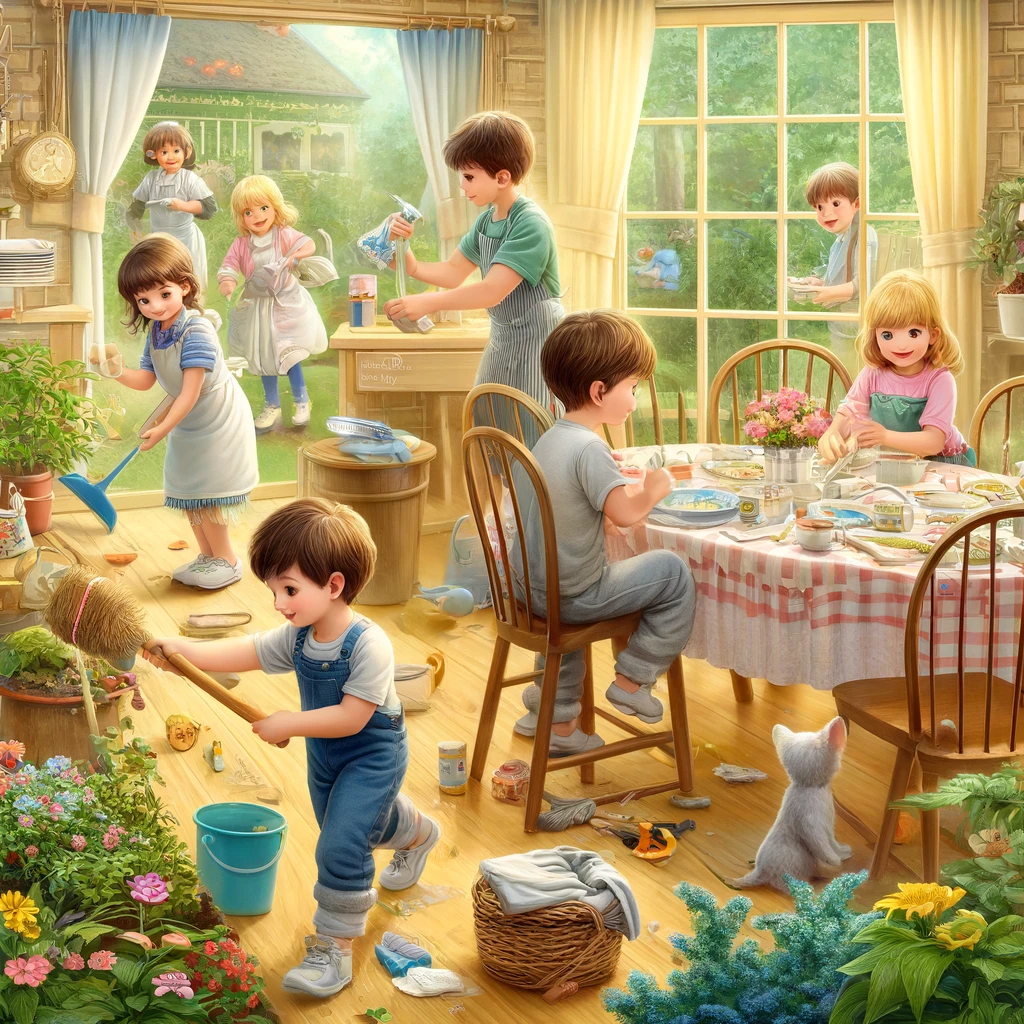
In past generations, chores were not just tasks but a vital component of family life and children’s development. Assigning chores taught responsibility, teamwork, and the value of hard work. Modern parents are revisiting this approach to instill independence and a strong work ethic in their children. This renaissance of chores in the parenting playbook is backed by studies showing that children who engage in household tasks are more likely to be successful adults.
4. Family Meals

The tradition of shared family meals has roots deep in history, serving as a cornerstone of familial bonds and cultural identity. In today’s fast-paced world, the act of gathering for a meal becomes even more significant. Modern families are embracing this old practice to foster communication, strengthen relationships, and create a sense of belonging. Nutritionally, it encourages healthier eating habits, making it a multifaceted tool for modern parenting.
5. Learning Through Play
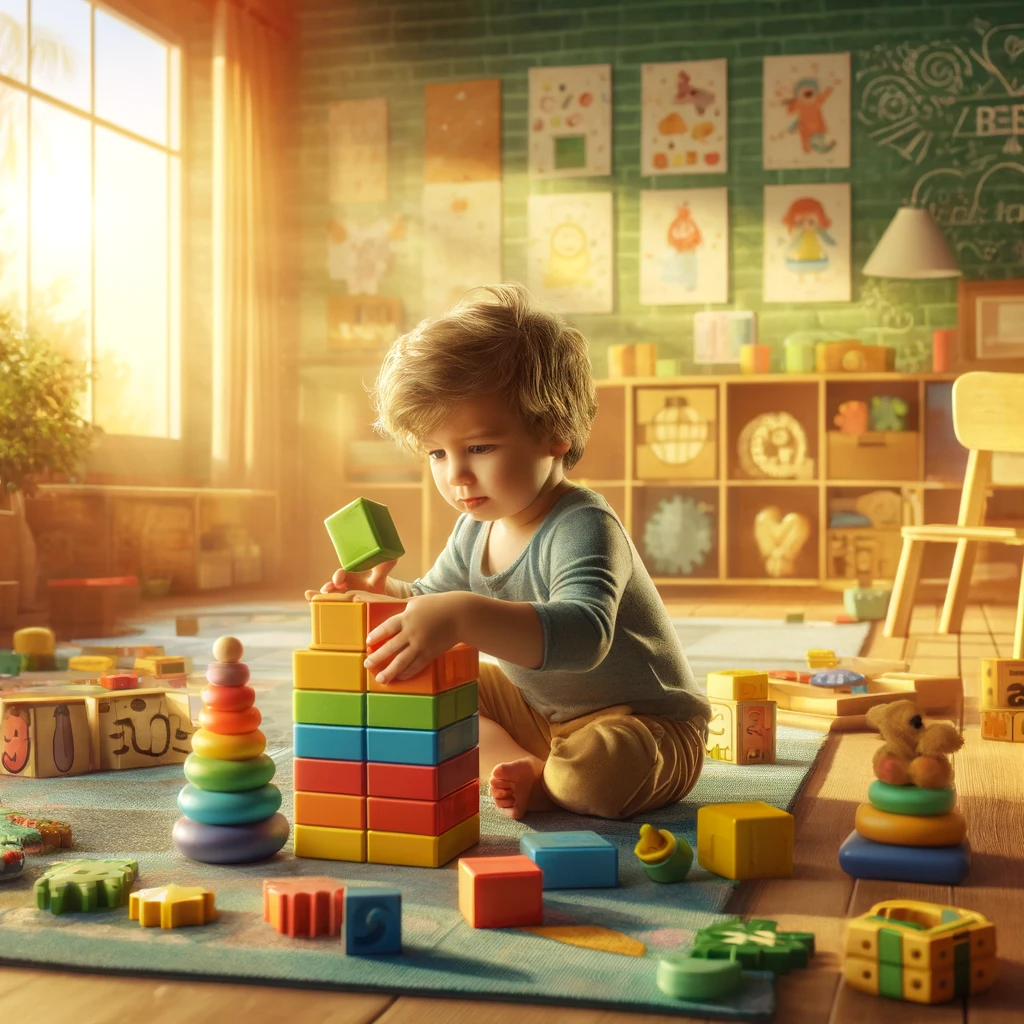
The concept that children learn best through play is not new, but it has been overshadowed by structured education and technology. Historically, play was the primary method of learning, allowing children to explore, experiment, and understand the world at their own pace. This method is seeing a resurgence, with parents and educators emphasizing the cognitive, social, and emotional benefits of play-based learning, making it a pivotal part of early childhood development strategies today.
6. Reading Together

Reading aloud to children is a practice that dates back before the advent of widespread literacy. This activity strengthens the parent-child bond, encourages a love for reading, and supports language acquisition. Modern families continue to uphold this tradition, finding it a crucial step in preparing children for academic success and instilling a lifelong habit of reading.
7. Practical Skills Education
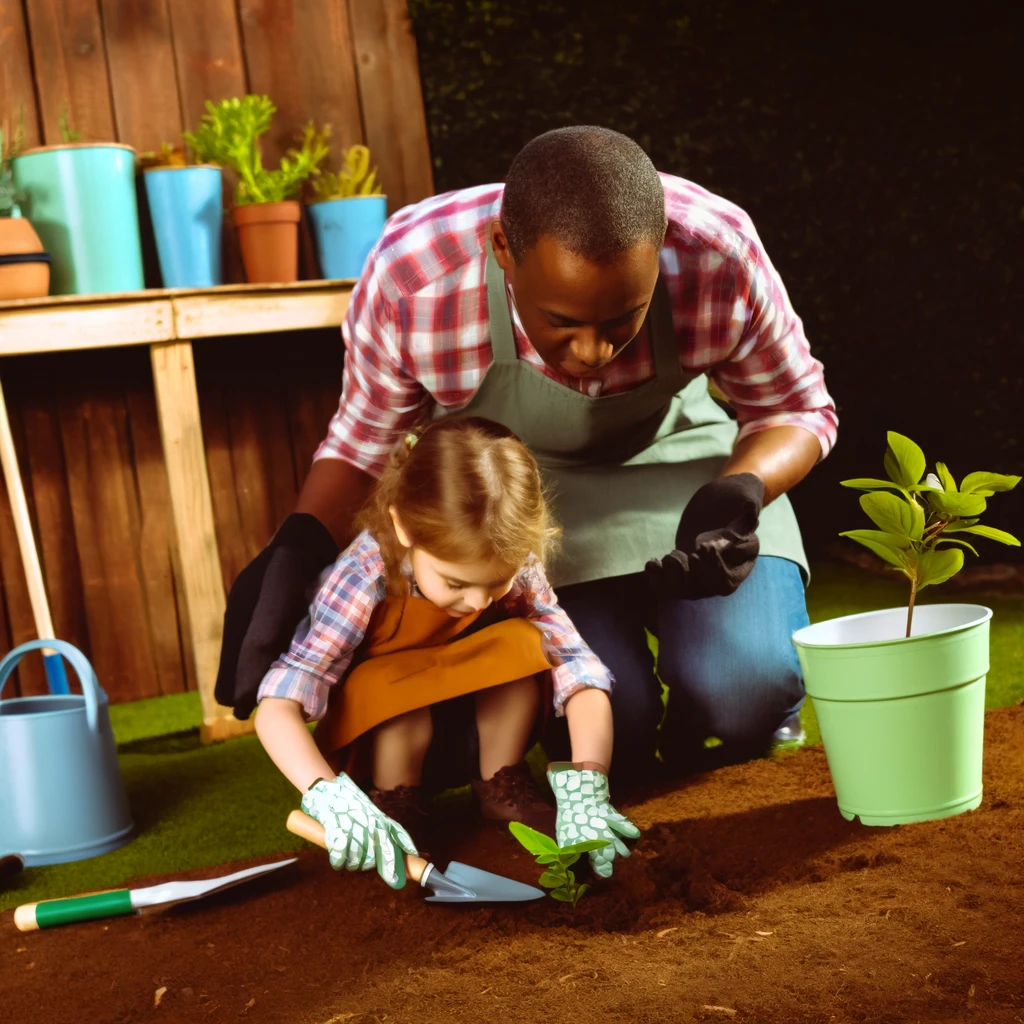
Historically, education extended beyond the classroom, with children learning practical skills from their parents. Skills such as cooking, gardening, and basic carpentry were considered essential for independence. In an era of convenience and technological reliance, there’s a growing movement among parents to return to basics, teaching children life skills that promote self-reliance and practical problem-solving.
8. The Value of Patience and Persistence

Patience and persistence were once considered key virtues taught through parenting, with children learning to wait their turn and work diligently towards goals. This historical wisdom is finding new relevance among modern parents who aim to counteract the instant gratification culture, teaching children the rewards of patience and the importance of perseverance.
9. Respect for Elders

Respect for elders is a timeless value that has been a fundamental part of parenting across cultures. It instills a sense of continuity, respect for tradition, and intergenerational solidarity. Modern parenting revives this principle, recognizing the wisdom and life experiences elders can share, fostering a deeper family connection and societal respect.
10. The Power of Music and Dance

Music and dance have been integral to human culture and parenting for millennia, used for expression, celebration, and learning. Today, parents are rediscovering music and dance not just as forms of entertainment but as tools for emotional development, cognitive growth, and cultural education, highlighting the universal language of rhythm and melody.
11. Embracing Simplicity
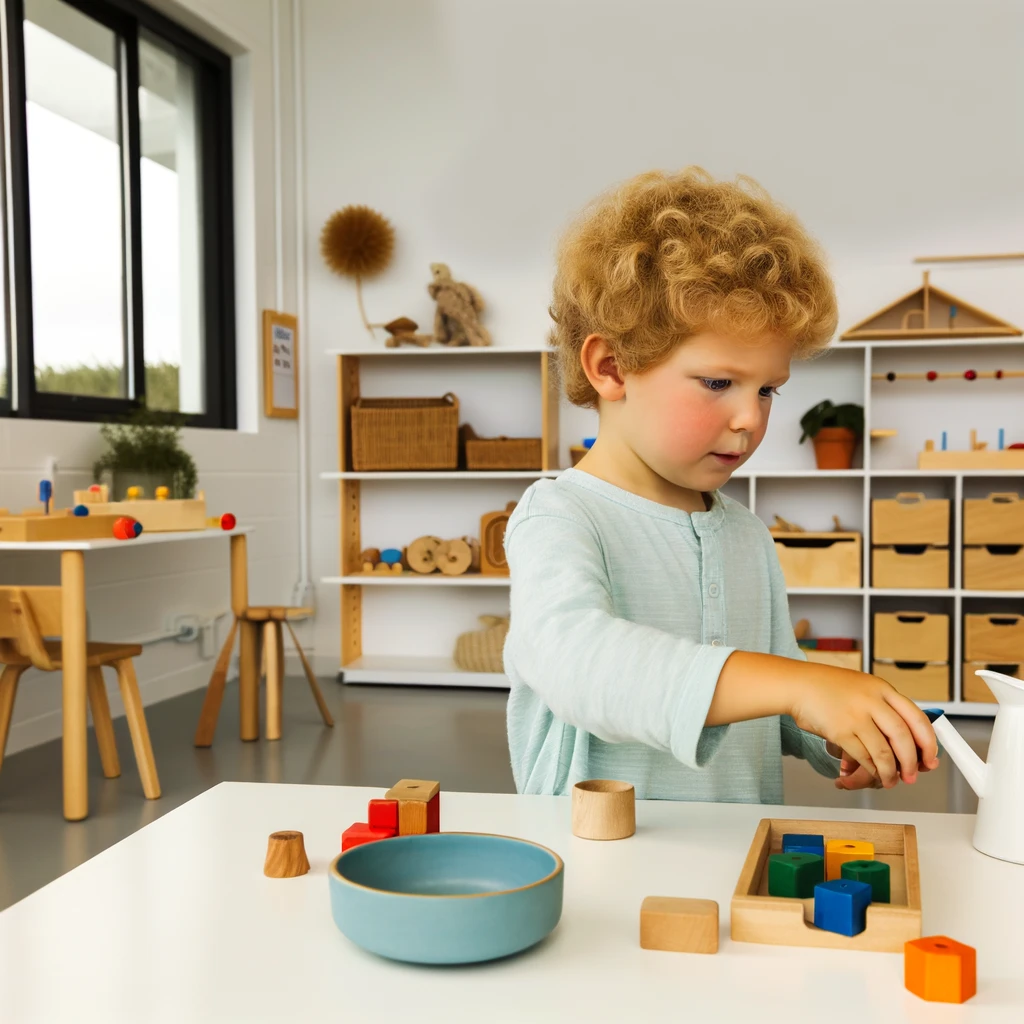
In a world marked by consumerism and overstimulation, the historical parenting tip of embracing simplicity is gaining ground. This approach advocates for less clutter, fewer scheduled activities, and more free time, promoting creativity, stress reduction, and a focus on what truly matters—family connections and personal growth.
The Fundamentals of Parenting Remain the Same
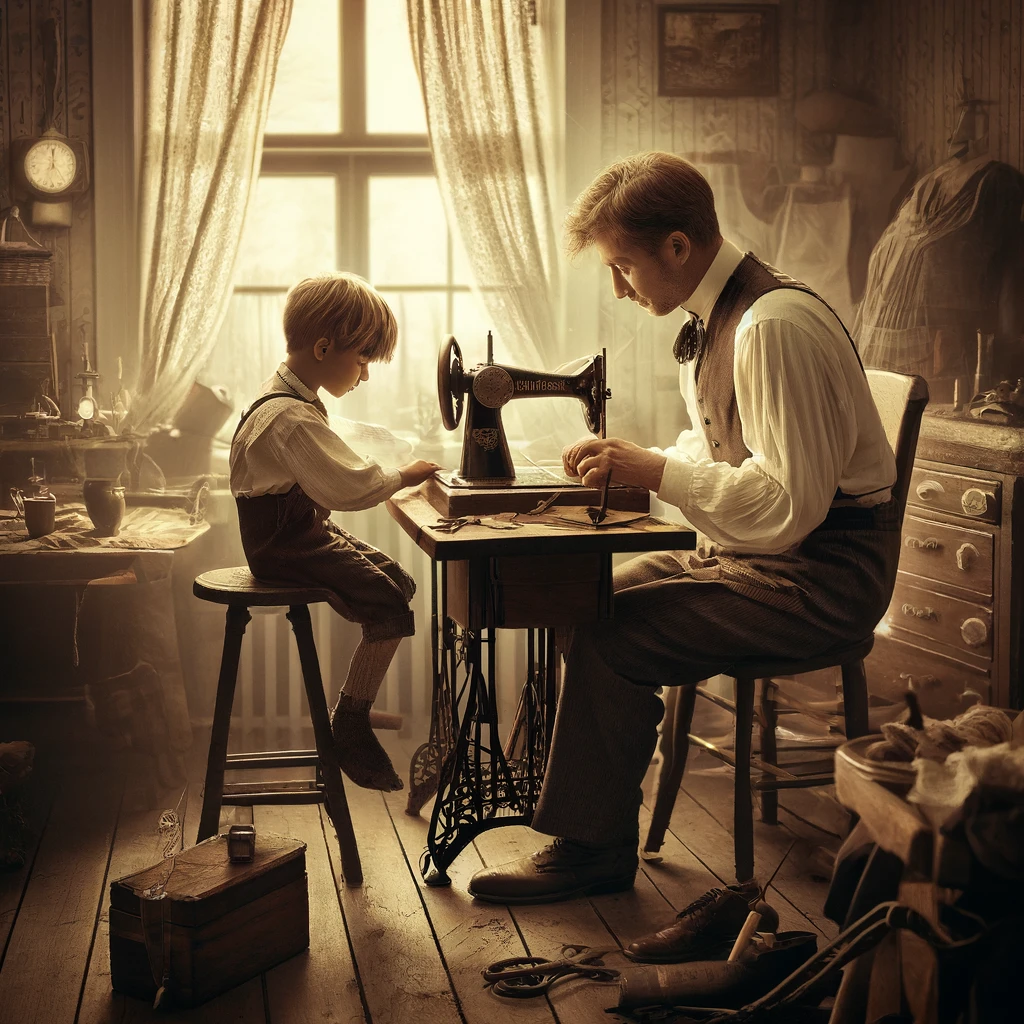
These 11 historical parenting tips, reborn in the modern era, prove that while times may change, the fundamentals of raising happy, healthy, and well-rounded children remain constant. By blending the wisdom of the past with the insights of the present, modern parents can navigate the complexities of parenting with confidence and grace.

